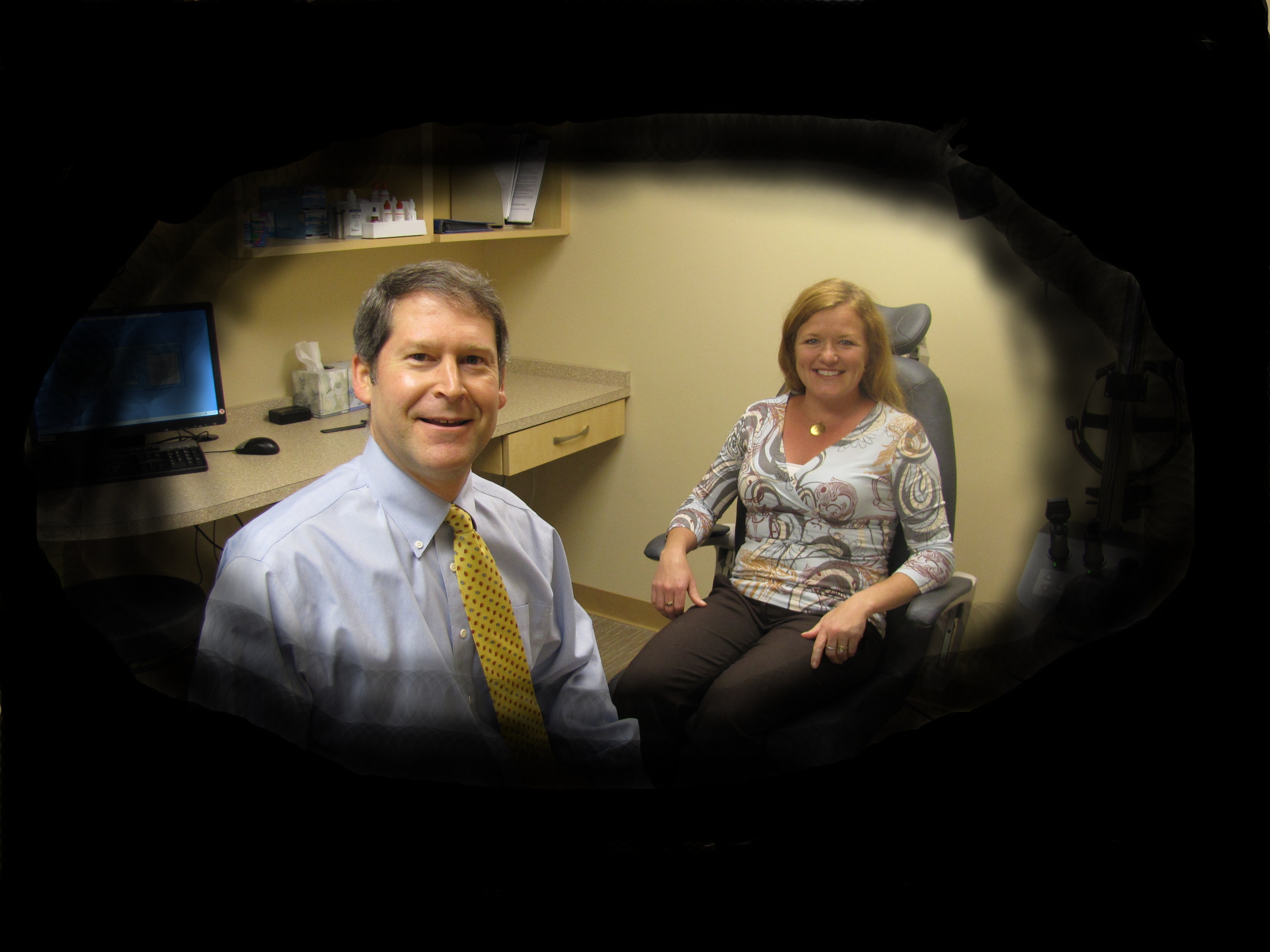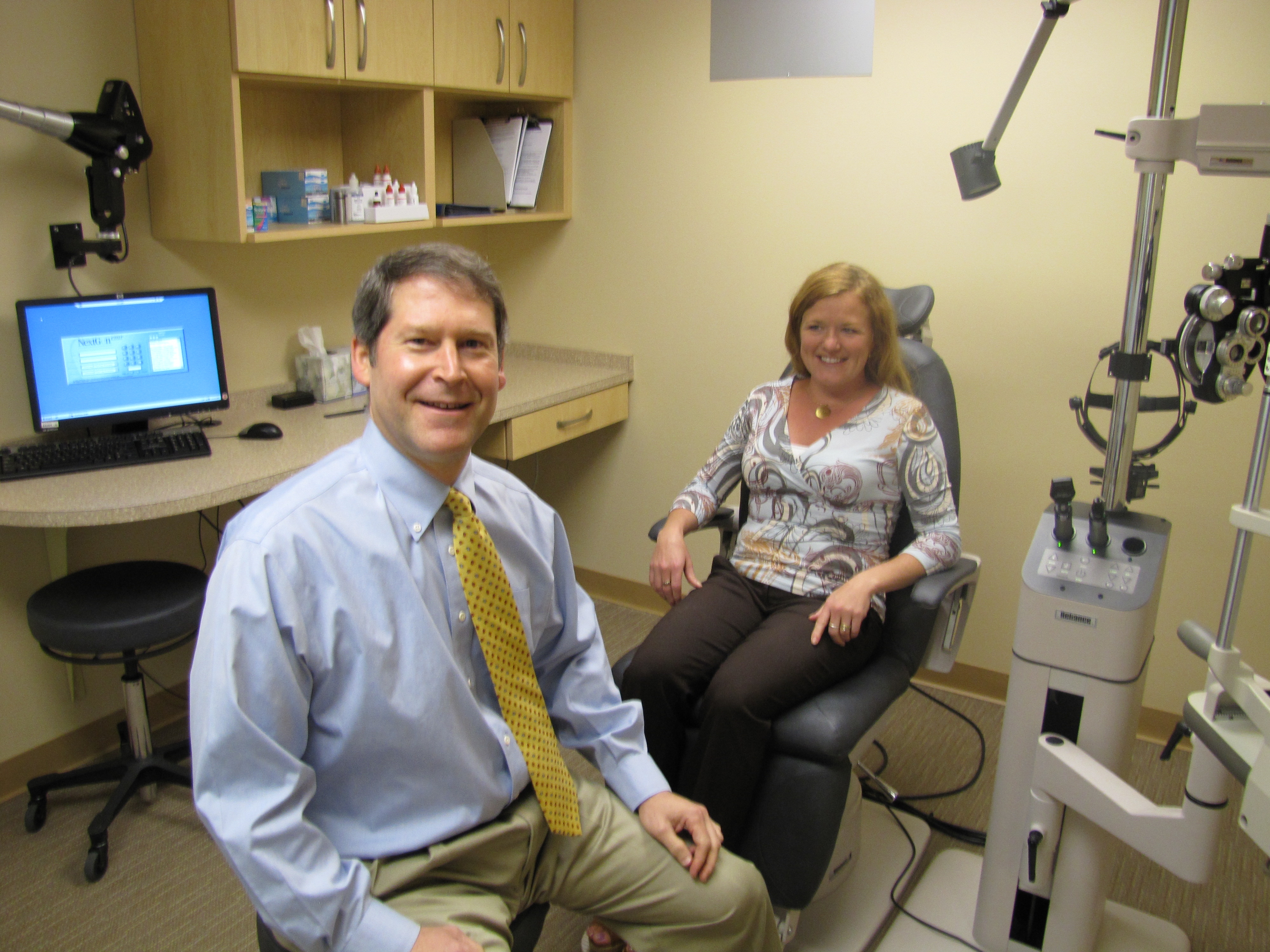In a healthy eye, fluid flows in front of the iris to the anterior chamber. It then drains out as new fluid is made, keeping the eye pressure at a normal level. With glaucoma, the eye's drainage tissue can be clogged or blocked, so the fluid does not drain well. As fluid builds up, it raises the pressure inside the eye. High pressure damages the optic nerve and causes vision loss.
Early detection and treatment can prevent vision loss. Regular visits to your doctor and knowing if you are at risk is important in the early detection of glaucoma. Glaucoma is considered the "sneak thief of sight" as it seldom causes pain or other symptoms.
Who is at Risk for Glaucoma?
- African-American, Asian or Native Alaskan ancestry
- A family history of glaucoma
- Increasing age
- Health problems such as diabetes, heart disease or high blood pressure
- Long-term use of steroids or cortisone
- previous eye injury, disease or tumor in the eye
Since most glaucoma has no symptoms, it is very important to have your eyes checked as often as your eye doctor recommends.
 |
 |
|
| Vision with Glaucoma | Normal Vision |
In 1992, Dr. Andrew Michael completed a glaucoma fellowship at Wills Eye Hospital. He specializes in the medical and surgical management of glaucoma and cataracts. Dr. Michael is dedicated to individualized and excellent patient care. Dr. Michael and his team will work closely with you in the management and care of in controlling this lifelong process.
Tip for Talking to Your Eye Care Professional
Here are some questions that you can ask your doctor to get the discussion started:
- What is my diagnosis?
- What caused my condition?
- How will this condition affect my vision now and in the future?
- Should I watch for any particular symptoms and notify you if they should occur?
- Should I make any lifestyle changes?
- What kind of tests will I have?
- What do you expects to find out from these tests?
- Do I have to do anything special to prepare for these tests?






